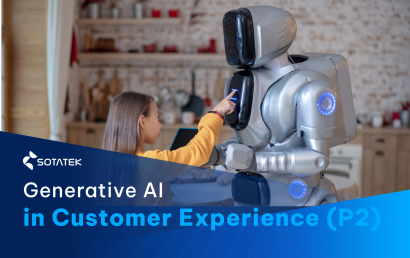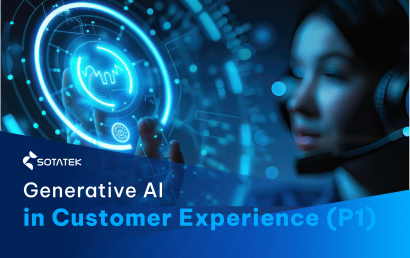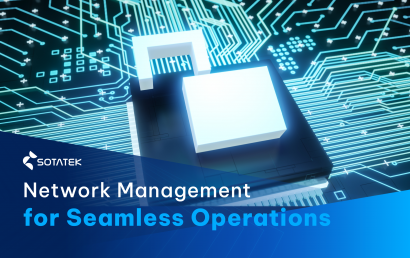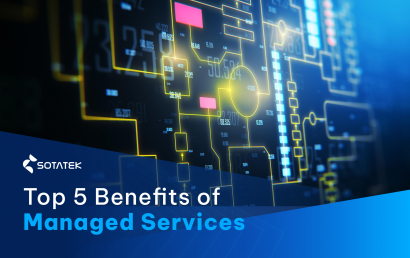Managed services have evolved significantly with the integration of AI, which now allows businesses to operate more efficiently, anticipate problems, and provide seamless customer experiences. While AI can automate, analyze, and predict, human expertise is still critical to navigating complex decisions and ensuring optimal outcomes. In this article, we explore the applications and impact of AI in managed services, key use cases, and why human judgment remains indispensable.
The Expanding Role of AI in Managed Services

1. Automating Routine and Repetitive Tasks
AI’s initial and most prominent role in managed services is automating repetitive tasks, freeing up human resources and reducing operational costs. AI-powered automation streamlines mundane tasks, from routine maintenance checks to ticket routing and data entry, thus allowing teams to focus on strategic objectives.
Example: AI chatbots manage customer inquiries round the clock, answering common questions instantly and directing complex cases to human agents.
2. Predictive Maintenance for Operational Continuity
Predictive maintenance powered by AI is transforming managed services by minimizing system downtime. Rather than reacting to system issues, AI-driven predictive models analyze data patterns to foresee potential failures, enabling teams to address problems before they escalate.
Impact: This proactive approach extends equipment life, prevents costly downtimes, and leads to a smoother, uninterrupted service experience for end-users.
3. Data-Driven Insights and Analytics
AI can process vast amounts of data in real-time, uncovering valuable insights that might be missed by human analysis alone. Managed services providers use AI-driven analytics to monitor system health, optimize resource usage, and identify inefficiencies.
Example: Through deep data analysis, AI can reveal patterns in network traffic or application usage, helping organizations optimize network configurations and allocate resources more effectively.
4. Scalability and Rapid Adaptation to Business Needs
AI provides the flexibility to scale services without a corresponding increase in human resources. For instance, as demand surges, AI-driven systems can automatically adjust to maintain performance levels, seamlessly handling increased user load or data volume.
Use Case: AI-driven cloud infrastructure can dynamically scale storage or processing power based on real-time needs, allowing businesses to adapt to market demands efficiently.
Related: What Are Managed Services? Guide for Business Leaders
Key Use Cases of AI in Managed Services
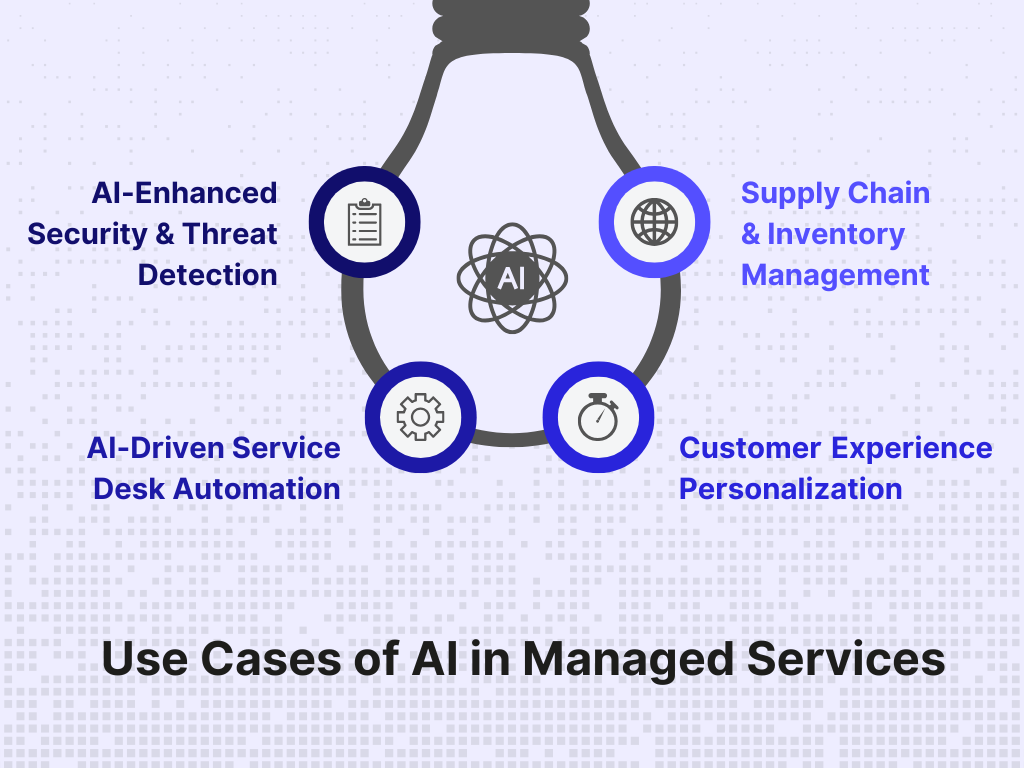
1. AI-Enhanced Security and Threat Detection
Cybersecurity is a critical area where AI has made significant impacts within managed services. AI systems can identify and respond to cybersecurity threats at a much faster rate than human teams. Using machine learning, AI systems learn from previous attacks and adapt to new, evolving threats.
Example: AI-based intrusion detection systems (IDS) can monitor network traffic for abnormal patterns, flagging potential security breaches and triggering immediate countermeasures.
2. Optimizing IT Operations with AI-Driven Service Desk Automation
AI-driven service desks enhance response times and reduce human intervention for recurring IT issues. Virtual assistants powered by AI can troubleshoot common issues, such as password resets or connectivity problems, autonomously, allowing human agents to focus on more complex problems.
Use Case: AI-based ticket triage in IT service management automatically classifies and assigns issues, improving response efficiency and reducing downtime.
3. Customer Experience Personalization
AI allows managed service providers to offer a more personalized experience by analyzing user behavior and preferences. AI can recommend content, suggest solutions, and anticipate user needs, elevating the customer experience.
Example: AI in CRM systems can personalize user interactions based on past behavior, increasing satisfaction and engagement.
4. Supply Chain and Inventory Management Optimization
For businesses relying on managed services for supply chain functions, AI optimizes inventory management, demand forecasting, and logistics. AI-driven systems analyze trends and project demand, enabling businesses to maintain optimal stock levels and prevent disruptions.
Impact: Businesses reduce costs by avoiding overstock and stockouts, ensuring timely product availability without excessive inventory.
The Impact of AI on Managed Services Performance
1. Increased Efficiency and Cost Savings
The automation and predictive capabilities of AI contribute significantly to efficiency, reducing the need for manual intervention in routine tasks and minimizing service interruptions.
Insight: By lowering operational costs and increasing uptime, AI enables businesses to allocate their budgets more strategically, maximizing return on investment.
2. Improved Decision-Making with Real-Time Insights
AI's real-time data analysis allows managed service providers to make informed decisions quickly. This improved decision-making capability enhances service quality and reduces the risk of errors, aligning services more closely with business goals.
Example: Real-time AI analysis can alert managers to network bottlenecks, allowing them to adjust traffic flow and maintain optimal performance.
3. Enhanced Service Availability and Customer Satisfaction
AI-driven systems provide round-the-clock support, enhancing availability and responsiveness. This 24/7 service availability directly improves customer satisfaction and strengthens client relationships.
Insight: Customers benefit from consistent, reliable support, leading to higher engagement and retention rates.
Why IT Expertise is Still Essential in Managed Services
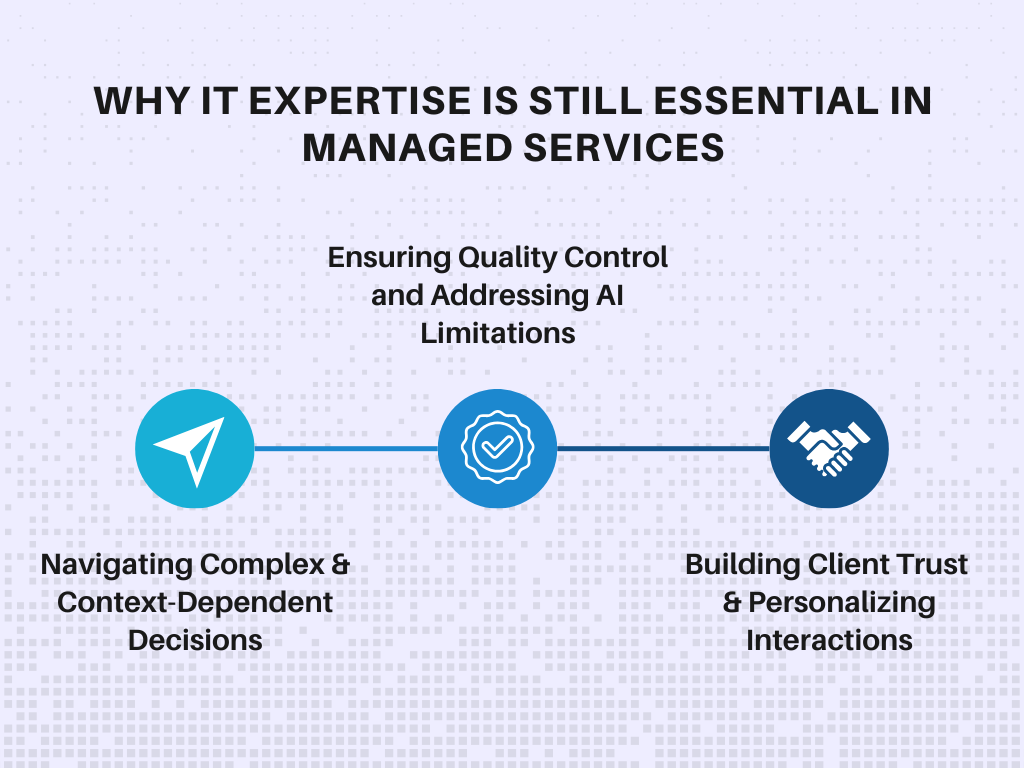
1. Navigating Complex and Context-Dependent Decisions
AI is exceptionally effective at handling tasks that follow set patterns, but complex, context-driven decisions require human insight. Human experts assess nuanced situations, weigh potential risks, and make informed choices that may not align with algorithmic recommendations.
Example: In risk-sensitive situations, such as compliance or legal implications, human expertise is required to interpret data and apply it to specific regulatory contexts.
2. Ensuring Quality Control and Addressing AI Limitations
While AI can provide recommendations, human oversight is essential for quality assurance. Experts validate AI’s suggestions, adjust parameters when necessary, and address any limitations in AI’s reasoning or data interpretation.
Insight: This oversight prevents issues stemming from algorithmic biases or errors, ensuring that managed services remain reliable and aligned with business goals.
3. Building Client Trust and Personalizing Interactions
Trust is foundational in managed services, and clients rely on personal relationships to navigate complex issues. Human experts play an invaluable role in delivering personalized support, addressing unique client needs, and fostering trust through direct communication.
Example: When a client faces an urgent issue, human involvement reassures them that their concerns are being addressed thoughtfully, rather than relying solely on AI-driven responses.
Related: Infra Managed Services
SotaTek’s Commitment to a Balanced AI and Human-Centric Approach
1. Leveraging AI for Efficiency, Guided by Human Oversight
At SotaTek, we harness AI to streamline operations, automate routine tasks, and gain insights that enable more effective service delivery. However, we understand that AI is most powerful when paired with human expertise, which ensures that our solutions are contextually relevant and high-quality.
2. Our Experts Assess and Optimize AI Recommendations
Our skilled professionals assess AI-driven insights, drawing from their experience to customize solutions that align with each client’s needs. At SotaTek, we’re committed to the belief that “AI is great for repetitive tasks, but human judgment is crucial for the best service quality.”
3. Ensuring Security, Reliability, and Personalized Service
In the rapidly evolving landscape of managed services, security and reliability are paramount. SotaTek’s experts continuously monitor, adapt, and refine AI applications to meet the highest standards, providing clients with dependable, customized service that balances cutting-edge technology with the assurance of human expertise.
Conclusion
While AI is revolutionizing managed services by automating tasks and driving operational efficiency, human judgment remains indispensable. At SotaTek, we are committed to ensuring that AI complements rather than replaces our team’s expertise. Our professionals assess, consult, and make context-driven decisions to provide optimized, reliable service.





